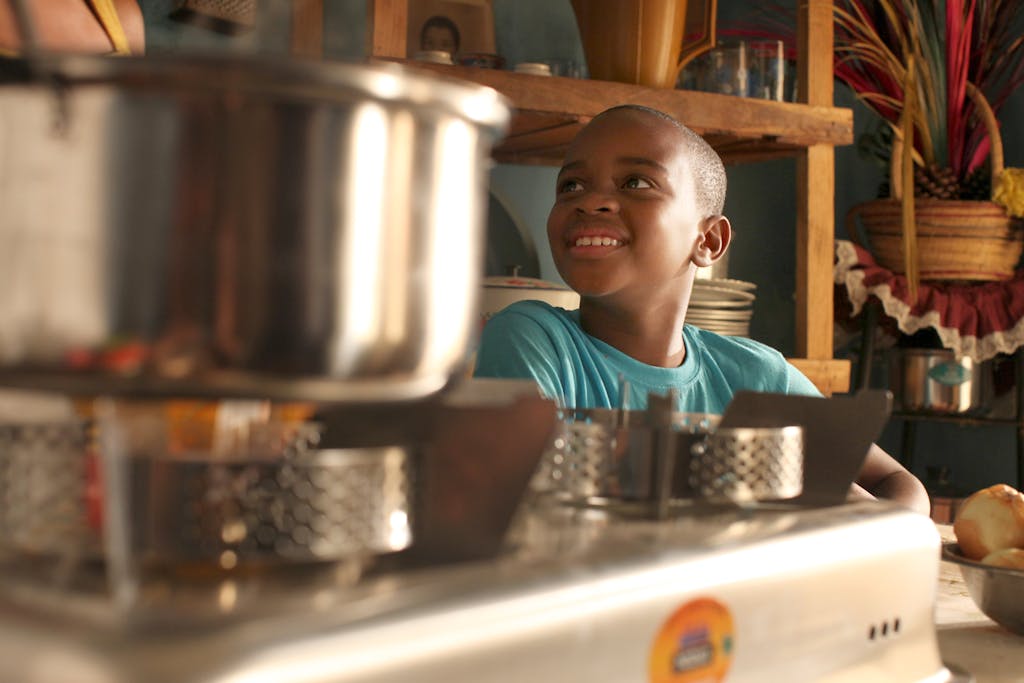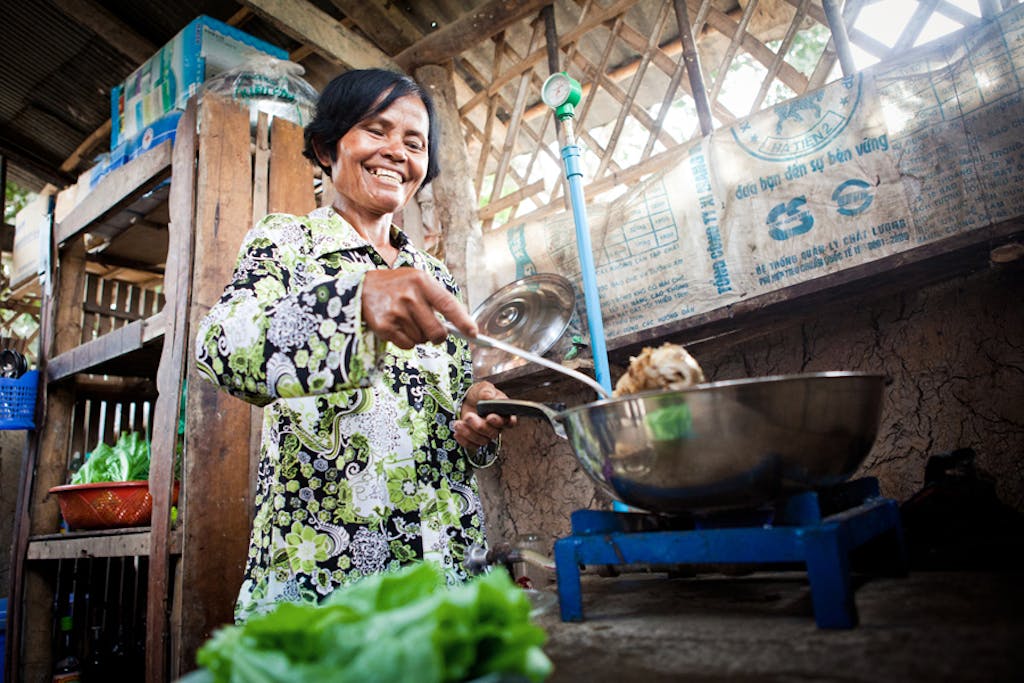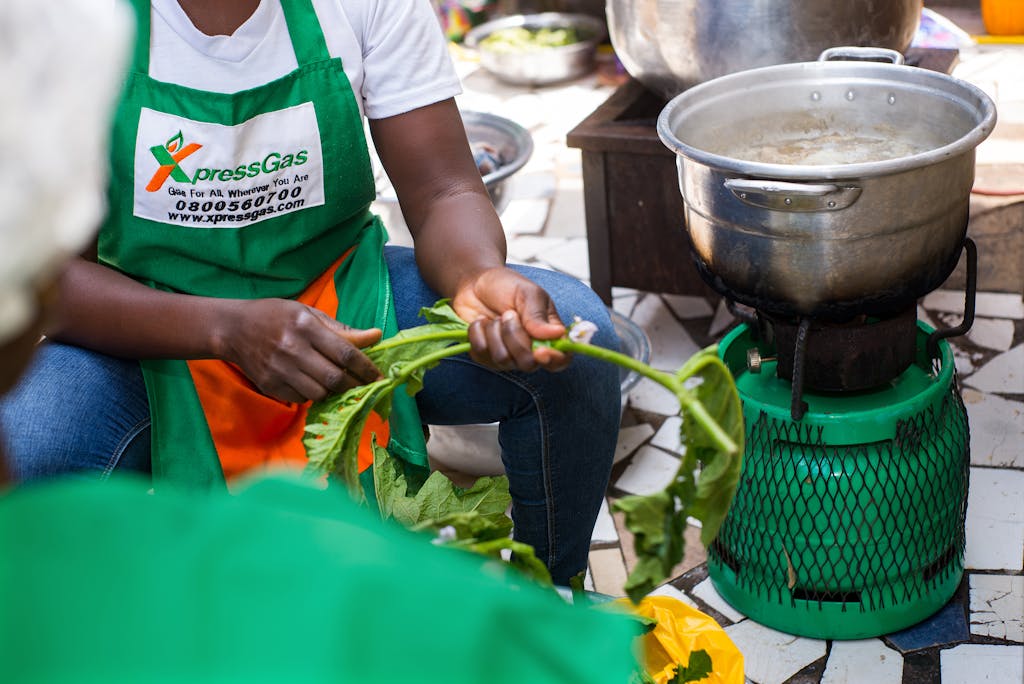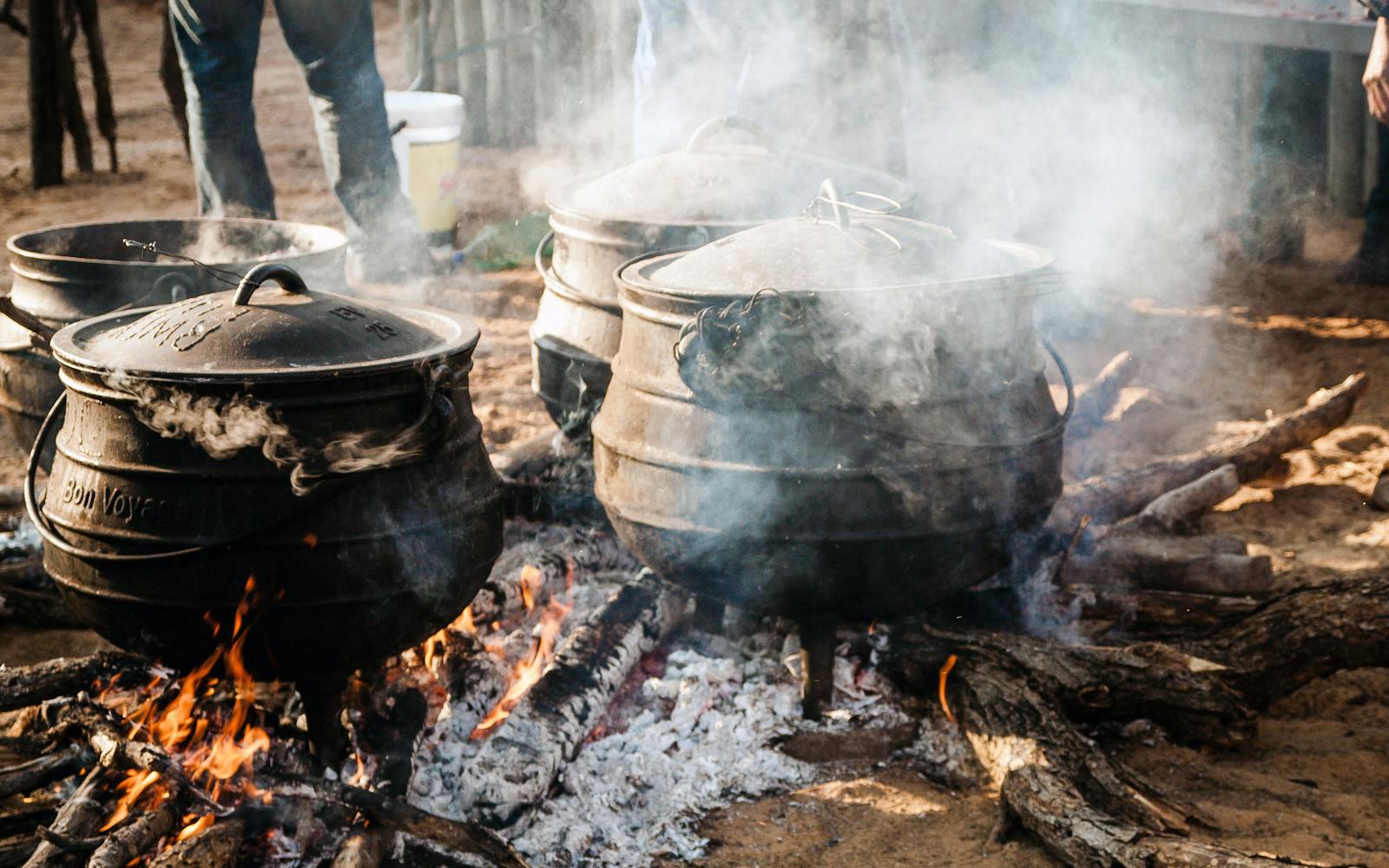Smoke from massive wildfires darkened skies across North America and sent air quality levels plummeting this June. But while this was a rare, headline-making occurrence in North America, it’s a morning ritual for millions around the world, especially across Africa and Asia, writes Kip Patrick, Senior Director of Advocacy and Communications for the UN Foundation’s Clean Cooking Alliance.
How Air Pollution Harms our Health
Nearly half of the world’s population breathes toxic air each day, including more than 90% of children. For the estimated 2.3 billion people worldwide who rely on solid fuels and open fires for cooking, preparing their morning coffee, as well as their breakfast, lunch, and dinner, often makes conditions even worse.
The World Health Organization reports that household air pollution from cooking is responsible for over 3 million premature deaths annually, affecting primarily women and children who spend more time around the hearth than men.
In places like New Delhi, Lagos, or Dhaka, the smoke from cooking fires mingles with vehicle emissions, industrial pollution, and dust, creating a toxic cocktail somewhat similar to what smoke-blanketed cities in the Northeast U.S. recently grappled with.

A boy joins his mother in the kitchen next to their clean-burning ethanol stove. Household air pollution from cooking is responsible for over 3 million premature deaths annually, affecting primarily women and children who spend more time around the hearth. Photo: Clean Cooking Alliance
But this moment of crisis in the U.S. can serve as a moment of reflection. Imagine, for a moment, if the sky above New York City or Washington, D.C., stayed a dull, smoky gray year-round. It’s difficult to picture, yet it’s a reality that hundreds of millions of people in less affluent nations face each day.
Breathing in this toxic air can lead to a host of health issues, including respiratory infections, heart disease, stroke, lung cancer, and even premature death. What’s more, the lack of access to clean cooking options is more than a public health issue — it’s also an issue of gender equality and climate change. Girls and women are disproportionately affected by household air pollution and often spend hours each day collecting firewood, time that could be spent on education or income-generating activities. Plus, the huge amounts of black carbon produced by cooking fires is a potent climate warmer.

A growing number of people in Cambodia use clean biogas for cooking. Biogas is an environmentally friendly, renewable energy source that’s created when organic matter is broken down. Photo: Clean Cooking Alliance
Clean Air Starts with Clean Cooking
Addressing this issue is a multifaceted challenge. It’s not just about providing cleaner cooking options such as electricity or gas but also about ensuring that people have the resources and infrastructure to purchase, use, and maintain these cleaner options. It involves battling gender inequality, poverty, and a lack of global commitment, alongside mitigating climate change.
The world is making progress. However, current levels of investment and action are far too slow to address this crisis.
The smoke that choked the Northeastern United States this summer may be a wake-up call to the realities faced daily in the developing world. The inhabitants of the U.S. cities that were affected by the smoke were faced with questions like: How long will the smoke last? How will this affect my health and my children’s health? What can we do to stop this?

A woman in Ghana cooks vegetable stew on her gas stove, which produces far less smoke than solid fuels. Photo: Clean Cooking Alliance
Perhaps, as the smoke clears, these questions will echo beyond the crisis at hand and expand into a deeper inquiry into global air quality inequity. The silver lining to these smoky skies could be a renewed commitment to accelerating access to clean cooking and championing the right to clean air for everyone, everywhere.
The polluted air that millions of people in less developed economies breathe daily isn’t a fact of life; it’s an injustice — one that deserves urgent attention and action. So, as we navigate our own smoky skies, let’s remember those who live under them every day and pledge to turn the tide on air quality, climate change, and social inequality. No one’s life should be limited by how they cook.
Clean Cooking is a Youth Issue
The Clean Cooking Alliance recognizes the vital role of young people in achieving universal access to clean cooking and is working to empower young changemakers.






